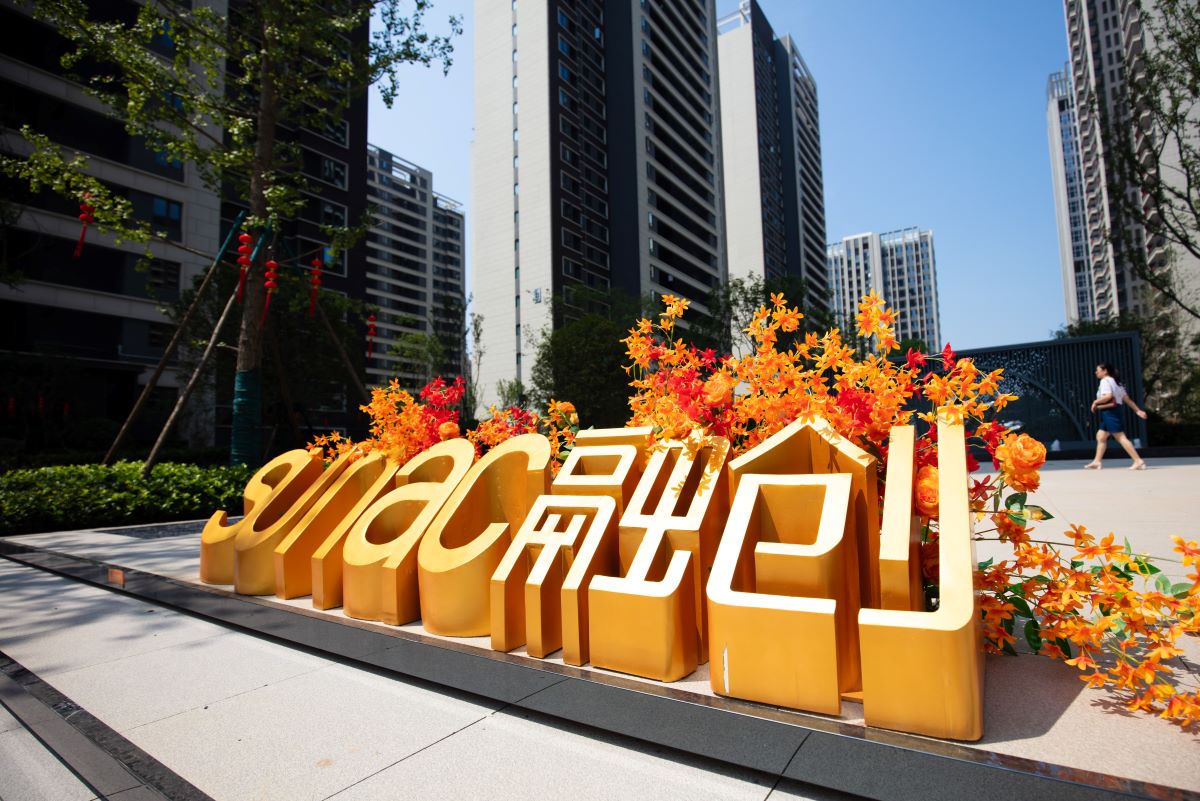Amidst a backdrop of slowing economic growth and challenges in the Chinese real estate sector, Sunac China Holdings, a prominent real estate player, filed for Chapter 15 bankruptcy protection in a New York court on September 19, 2023. Chapter 15 is a provision that provides foreign companies, like Sunac, with access to the U.S. bankruptcy system, offering a lifeline to manage financial difficulties while safeguarding their U.S. assets.
Just a day before filing for Chapter 15, creditors of Sunac approved a $9 bn offshore debt restructuring plan. This is the first time that such a debt overhaul plan by a major Chinese property developer has been approved.
Looking back, Sunac China Holdings, ranked as China’s 16th-largest developer by contracted sales, has grappled with financial pressures for some time. The company first defaulted on a dollar bond in May 2022.
Sunac China joins Evergrande, Country Garden
Sunac China Holdings’ move to file for bankruptcy protection resonates with the wider financial troubles experienced by numerous Chinese property developers. Notably, last month, China’s Evergrande Group also filed for bankruptcy in the US.
The Chapter 15 petition submitted by Evergrande alluded to ongoing restructuring processes in Hong Kong and the Cayman Islands. Additionally, its Scenery Journey unit and affiliate Tianji Holdings have also sought Chapter 15 protection.
China’s property sector challenge extends beyond Evergrande and Sunac. Country Garden, one of the nation’s prominent property developers, also has found itself in troubled waters. The company holds a debt of 108.7 bn yuan ($14.9 bn), scheduled for repayment within the next year. However, its available cash reserves as of June amount to approximately 101 bn yuan ($13.8 bn). Additionally, Country Garden reported a staggering loss of 55 bn yuan ($7.54 bn) in the first six months of 2023.
Early Tuesday, Country Garden won approval from creditors to extend repayment on another onshore bond worth 492 mn yuan ($67 mn). Out of the batch of eight bonds on which it has been seeking extensions, the creditors have already approved seven, last week.
Furthermore, real estate developer Soho China experienced a substantial 93% decline in net profits during the first half of this year. The company is also grappling with a debt crisis. To deal with it, Soho has entered into supplemental agreements with its major lenders, aiming to modify repayment terms.
In a nutshell, the Chinese real estate sector, which accounts for a quarter of China’s economic growth, has seen property investment decline by 7.9% in the first half of 2023.
“A rebound in the Chinese property sector, spurred by the post-COVID reopening and government support, was short-lived, and the prospect of a broad recovery in 2023 seems unlikely due to high leverage and excess housing stock in lower-tier cities. As a result, investing in the Chinese property bond market is challenging,” said William Blair.
“Although the opportunity set has narrowed significantly, with more than half of developers we cover in deep distress (some facing default), we expect surviving developers to be less levered and more cautious about their future development, resulting in a healthier investment environment,” the asset manager added.


 Australia
Australia China
China India
India Indonesia
Indonesia Japan
Japan Malaysia
Malaysia Philippines
Philippines Singapore
Singapore South Korea
South Korea Taiwan
Taiwan Thailand
Thailand Vietnam
Vietnam







